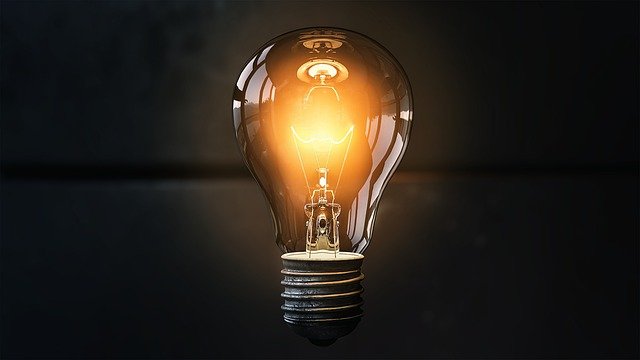Let’s play Albert Einstein and do a thought experiment. Your friend calls you up and asks you to come over – he’s having an emergency – his bathroom is flooding. You arrive and assess the situation. Your friend’s bathtub is overflowing. The drain is open, but he has the faucet turned on full. Several of your other friends are there. They’re arguing. Some insist that your friend should position buckets beside the tub, to catch the spillover. Others argue that he should line sponges around the bottom, to absorb the excess. Both sides are passionate about their positions, on the verge of coming to blows.
So, which side should you join? Buckets or Sponges?
In reality, maybe you would choose neither. In fact, wouldn’t you look at your friends and wonder why they insist on ignoring the two obvious (indeed only) solutions to the problem, which are:
- Turn off, or at least reduce, the water coming out of the tap.
- Increase the size of the drain.
Wouldn’t it be equally obvious that while both the buckets and sponges might be a temporary fix, in the end they would only delay the inevitable? As long as the amount of water coming out of the tap exceeds the ability of the drain to absorb it, any other fix is a waste of time.
Let’s apply this thought experiment to our planet. There’s an event called ‘Earth Overshoot Day’, that calculates the day of the year that human consumption equals the resources the Earth is capable of producing in one year. In order to preserve the planet, the amount we consume (the tap) in one year must be less than what the Earth can produce (the drain) in one year.
In 2021, for most developed nations, Earth Overshoot day fell in March or April. In other words, within the first 3 or 4 months, we had already extracted more resources than the Earth can produce in an entire year. Resources are being extracted at 3 or 4 times the rate they are being produced. Hence the term Overshoot. The tap is on full throttle, and the drain can’t be made any bigger.
There’s an incredible amount of noise about electric cars and ‘environmentally friendly’ power production, as if those things are going to save the planet. Well, dear reader – in fact those things are buckets and sponges. Will they help? Probably, but they certainly won’t solve the most important problem. The ‘tap’ in this situation is humanity’s runaway consumption of the Earth’s resources. Unless that consumption is drastically reduced, we are doomed, no matter how many electric cars we drive or how many solar panels we install.
So why isn’t anybody talking about the real problem – the tap being turned on full? That’s a question you, and everybody else in the world, should be asking. I believe that people in power are well aware of the situation, but choose to keep the rest of us in the dark. Our planet is at stake. Billions of people should be marching in the streets at this very moment, demanding a solution. Instead, we see a tiny few, and even they mostly talk about buckets and sponges.
It’s the true definition of a tragedy.


Add Comment